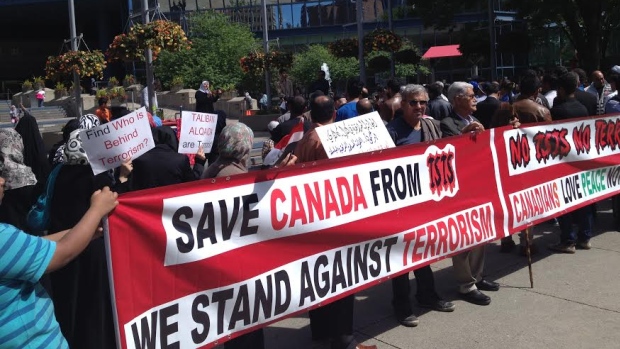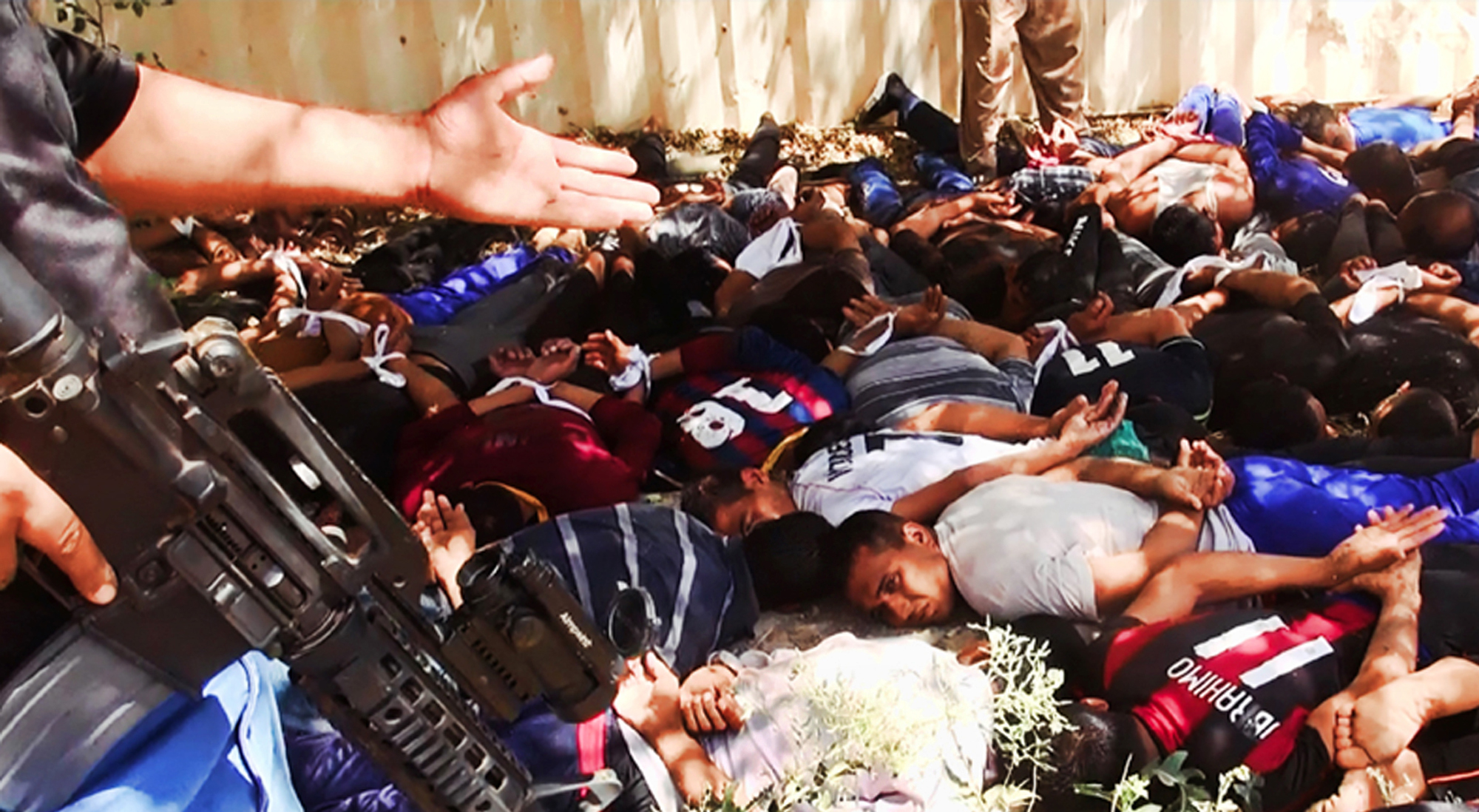The influence of the Islamic State of Iraq and Syria (ISIS) on its followers is growing rapidly. On September 18 2014, following a briefing on a potential terrorist plot involving Australian citizens, Australian Prime Minister Tony Abbott released a statement that a senior member of ISIS had urged followers to carry out an act of public beheading. The attack was to involve the random kidnapping, beheading and filming of an individual in New South Wales, and resulted in the largest counter-terrorism raid in Australia’s history, forcing the country to raise its terrorism threat from “medium” to “high.”
The foiled attack involved 800 police officials, resulting in 15 suspects being detained and two individuals being charged. According to Australian Attorney General George Brandis, the planned attack had been underway since May. It was the interception of a single phone conversation between the suspect and a senior ISIS member that provided officials with the proper intelligence to move forward with the raid. Speaking of the seriousness of the attack, Abbott stated: “this is not just suspicion, this is intent and that’s why the police and security agencies decided to act in the way they have.”
Homegrown terrorism has become a huge focus in recent media coverage, due to the rise of ISIS and the nature of its brutality. David Irvine, Director-General of Australian Security Intelligence Organization (ASIS), stated that the number of Australians joining the Islamic movement has dramatically increased the potential for a terrorist attack to take place on Australian soil. Abbott stated that there are 60 known Australians who are serving ISIS and other terror groups within the Middle East. He added that at least 100 known Australians at home actively support ISIS, and are believed to be engaged in recruiting fighters and suicide bombers, as well as providing funds and equipment to the group.
Australia is not the only country facing the dilemma of having its citizens influenced and radicalized by ISIS, as Canada, the United States and the United Kingdom are also vulnerable to similar homegrown attacks. Through social media, ISIS has been successful in recruiting Westerners to come to Syria and to fight for their cause. Intelligence networks claim that there is an estimated 150 Canadiancitizens and 500 British citizens currently fighting alongside the terrorist organization.
On September 21, 2014, ISIS posted an audio-recording calling for the killing of all ‘disbelievers,’ citing Canada and other countries as targets for taking part in the U.S.-led coalition to disarm and destroy the terrorist organization. Canadian Foreign Affairs Minister John Baird has since reaffirmed Canada’s commitment to provide financial support to the Iraqi military in an effort to stabilize the country and to curb terrorist threats.
However, by becoming more involved in the effort to destabilize the terrorist group, Canada has placed itself in a dangerous position. Not only will Canada have to accept the political and economic responsibilities that come when engaging in the military operation, but like Australia, Canada will also have to increase its intelligence capabilities at home as its commitment to demobilize ISIS has increased the probability for a similar homegrown terrorist attack by those wishing to see the establishment of an Islamic state in both Iraq and Syria.



